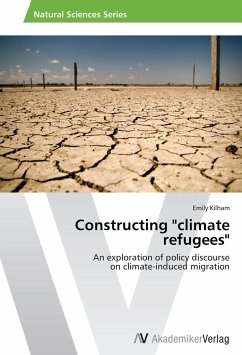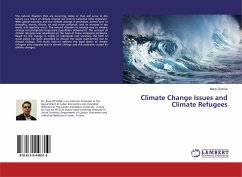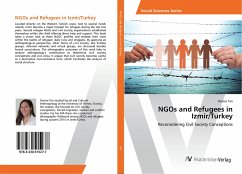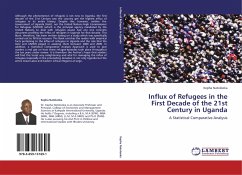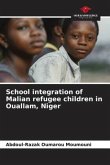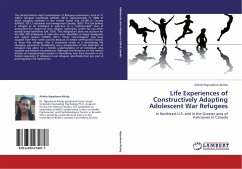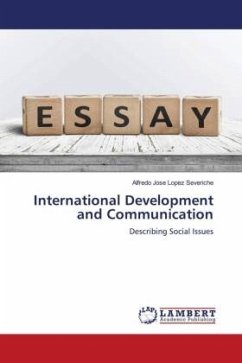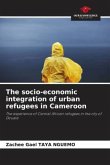Climate change is expected to have significant implications for human mobility. The potentially millions of people who may be displaced through climate change impacts such as sea-level rise, accelerated desertification and increased frequency and severity of extreme weather events are frequently referred to as 'climate refugees'. This study applies the discourse coalitions framework developed by Maarten Hajer to examine policy discourse on climate-induced migration. In particular, it explores how the concept of 'climate refugees' is understood, defined and contested by key actors and how this relates to the definition, within different discursive arenas, of climate-induced migration as a policy problem. Concepts from the discourse coalitions framework namely story-lines , institutional practices and discourse coalitions are taken as key units of analysis. An exploration of the discursive field of climate-induced migration identifies prominent discursive constructions of climate refugees. It also explores how these are created and reproduced through a range of institutional practices and how they are contested by specific coalitions of actors. The book concludes with an exploration of potential policy implications of discursive constructions of climate refugees.
Bitte wählen Sie Ihr Anliegen aus.
Rechnungen
Retourenschein anfordern
Bestellstatus
Storno

